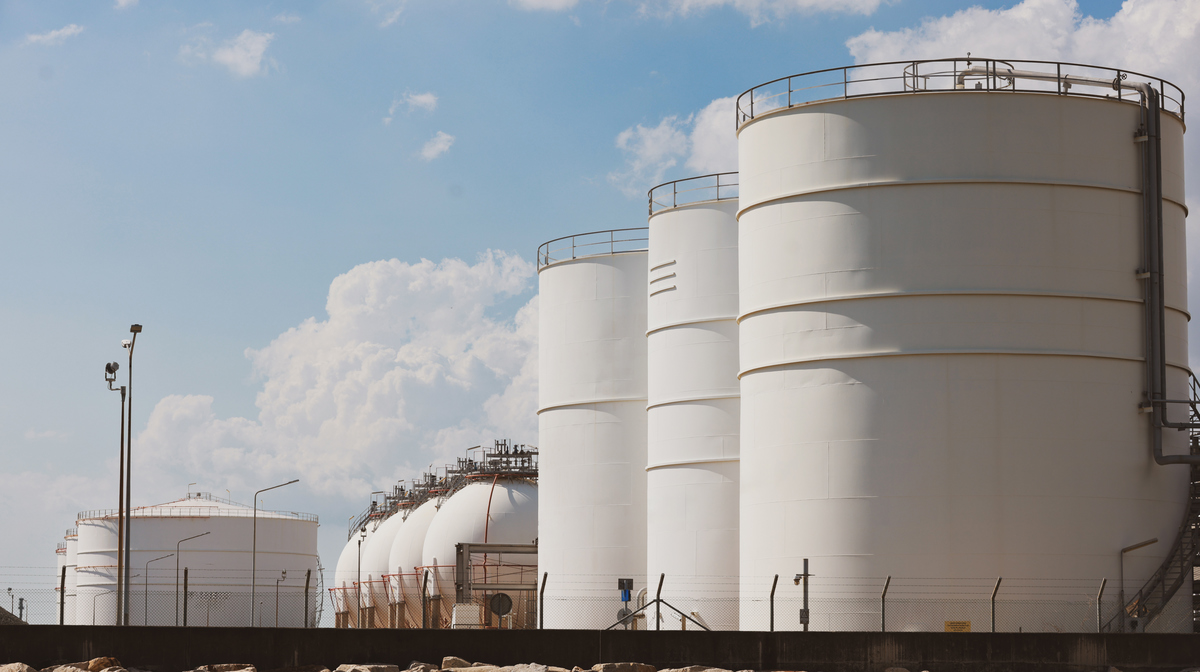Maersk considers potential return to Suez as conditions improve
The Suez Canal Authority expects Maersk-linked ships to resume transits, though the carrier maintains that security assessments will determine the timing.
 IMAGE: Maersk's container ship. A.P. Moller-Maersk
IMAGE: Maersk's container ship. A.P. Moller-Maersk
The Suez Canal Authority (SCA) has indicated that Maersk-affiliated vessels could return to the waterway in early December, as a step towards restoring full-capacity operations.
The authority also noted that CMA CGM could resume full-capacity transits around the same period.
Maersk, however, has clarified that no specific date has been set. The company said that while it is evaluating options, any decision to shift back to the Suez route will depend on improving security in the Red Sea.
Following the launch of the Gemini Cooperation in February 2025, A.P. Moller – Maersk and Hapag-Lloyd adopted a Cape of Good Hope network to avoid Red Sea disruptions.
The partners say they intend to return to a Suez-based East–West network once conditions allow, but safety for crew, vessels and cargo remains their priority.
Maersk added that it is monitoring progress on the Gaza ceasefire, tracking developments in the region and conducting detailed security assessments, in a statement today.
Should security conditions improve, the carriers plan to coordinate closely with customers and stakeholders to ensure a smooth and orderly transition back to a Suez-based network.
Earlier this month, the SCA extended its 15% rebate for container ship transits until 30 June 2026.
The incentive is aimed at recovering traffic lost after Yemen’s Houthi group began targeting commercial vessels in the southern Red Sea and Bab el-Mandeb Strait in late 2023.
These attacks prompted many major container and tanker operators to divert around the Cape of Good Hope.
A return to Suez would shorten voyage distances, reducing fuel use, emissions, and overall transit times compared with the longer Cape route.
Transport & Environment (T&E) said EU-linked shipping carbon dioxide (CO₂) emissions rose 13% last year, as vessels took longer detours around Africa to avoid the Red Sea, according to its analysis of EU official data.
T&E noted that the CO₂ emissions increased in 2024 even though EU-related seaborne trade declined, because vessels rerouted around Africa to bypass disruptions.
This led to fewer port calls at some EU ports, while extending voyages and boosting fuel use on routes.
Now nearly two years after the first incidents, Yemen’s Houthi movement has indicated it has paused attacks on commercial shipping, though it warned that operations could resume if Israel breaches the Gaza ceasefire, according to a letter from Houthi leader Yusuf Al-Madani.
By Gautamee Hazarika
Please get in touch with comments or additional info at news@engine.online.





